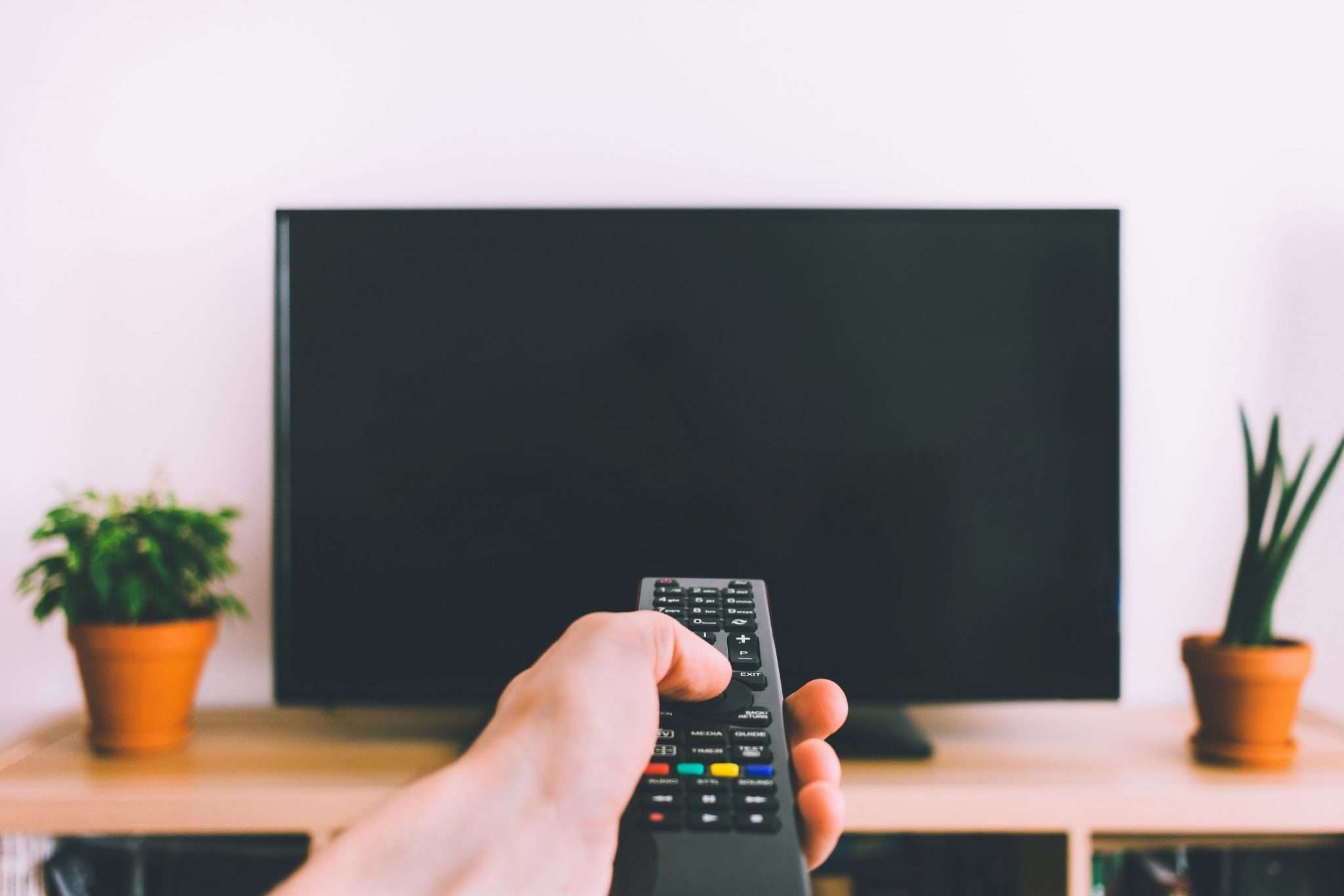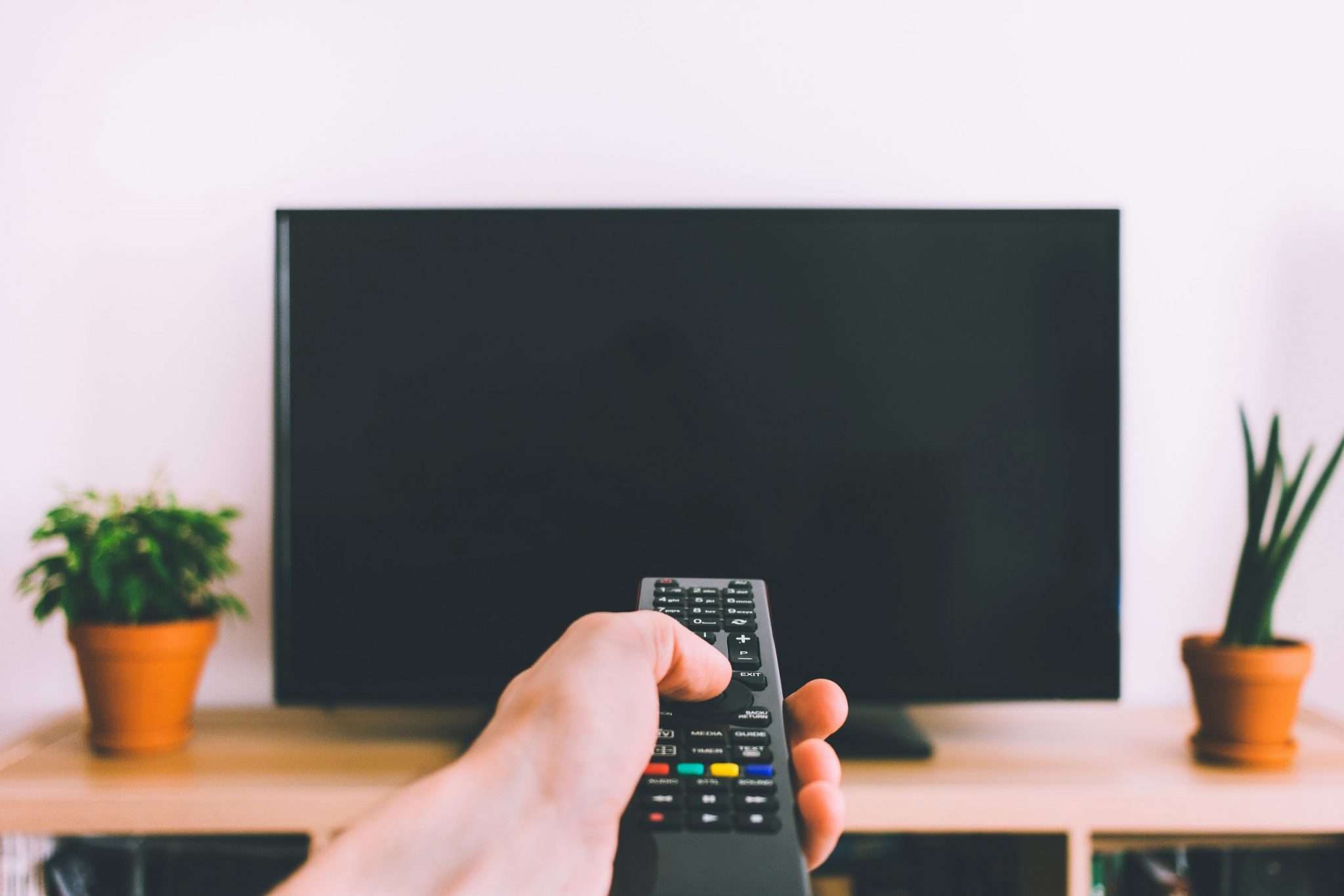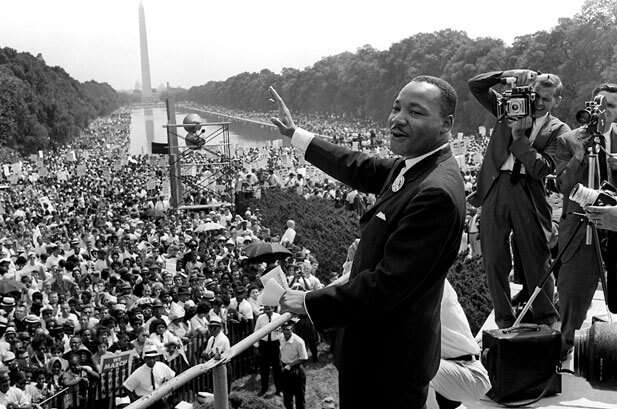 Navigating some of the finer things in life can present a little difficulty for the hearing impaired. Thankfully, hearing technology has caught up. An exciting array of captioning services are available. Captioning services help hearing-impaired individuals enjoy daily life, events, and venues. One of the biggest struggles that accompany hearing loss includes listening on the telephone. Thanks to companies like CapTel and Harris Communications, talking on the telephone is more accessible than ever. They offer landline phones that look like regular phones with bright display windows. These phones need a standard home phone connection and high-speed Internet connection to function properly. With these phones, users can conveniently listen to conversations and read them in real time. All thanks to a captioning service that transcribes the spoken word into the written word. Popular websites YouTube and Netflix also offer subtitles on their videos and movies. To activate the YouTube captions, look for the CC option in the settings tab of the video. This is a relatively new service offered on YouTube. Not all videos have captions. Some captions may be incorrect, but time will certainly improve the feature. As for Netflix, most of the offered movies and shows are subtitled and are found on Netflix's main page. Some movie theaters also offer captioning services as well. Simply ask the ticket booth if they have the captioning equipment available for the show, which can be a great help for hearing-impaired individuals. They can usually be spotted with the acronym RWC (Rear Window Captioning) by the movie name. The equipment is usually a glass screen that can be attached to the user's seat. Not all movie theaters have this feature available, but the website CaptionFish allows you to search for one in your area. Broadway shows have also begun to offer captioning services to the deaf and hearing-impaired. A LED screen is set up near the stage and displays subtitles for the whole audience to refer to. Not many shows currently offer it but the Theater Development Fund accessibility programs hope to expand their options in the future. In the meantime, to find which Broadway shows have this feature, search for available options on TDF’s website. It is clear to see that initiatives are being taken across the board to make life more accessible for those with hearing loss. Most recently, the supermarket chain, Fairway Market announced in August of this year that they have installed its first-ever hearing loop (also the first in a grocery store in New York City) at the deli counter of their flagship store on Broadway! Rest assured that there are plenty of more exciting advances to come.
Navigating some of the finer things in life can present a little difficulty for the hearing impaired. Thankfully, hearing technology has caught up. An exciting array of captioning services are available. Captioning services help hearing-impaired individuals enjoy daily life, events, and venues. One of the biggest struggles that accompany hearing loss includes listening on the telephone. Thanks to companies like CapTel and Harris Communications, talking on the telephone is more accessible than ever. They offer landline phones that look like regular phones with bright display windows. These phones need a standard home phone connection and high-speed Internet connection to function properly. With these phones, users can conveniently listen to conversations and read them in real time. All thanks to a captioning service that transcribes the spoken word into the written word. Popular websites YouTube and Netflix also offer subtitles on their videos and movies. To activate the YouTube captions, look for the CC option in the settings tab of the video. This is a relatively new service offered on YouTube. Not all videos have captions. Some captions may be incorrect, but time will certainly improve the feature. As for Netflix, most of the offered movies and shows are subtitled and are found on Netflix's main page. Some movie theaters also offer captioning services as well. Simply ask the ticket booth if they have the captioning equipment available for the show, which can be a great help for hearing-impaired individuals. They can usually be spotted with the acronym RWC (Rear Window Captioning) by the movie name. The equipment is usually a glass screen that can be attached to the user's seat. Not all movie theaters have this feature available, but the website CaptionFish allows you to search for one in your area. Broadway shows have also begun to offer captioning services to the deaf and hearing-impaired. A LED screen is set up near the stage and displays subtitles for the whole audience to refer to. Not many shows currently offer it but the Theater Development Fund accessibility programs hope to expand their options in the future. In the meantime, to find which Broadway shows have this feature, search for available options on TDF’s website. It is clear to see that initiatives are being taken across the board to make life more accessible for those with hearing loss. Most recently, the supermarket chain, Fairway Market announced in August of this year that they have installed its first-ever hearing loop (also the first in a grocery store in New York City) at the deli counter of their flagship store on Broadway! Rest assured that there are plenty of more exciting advances to come.




